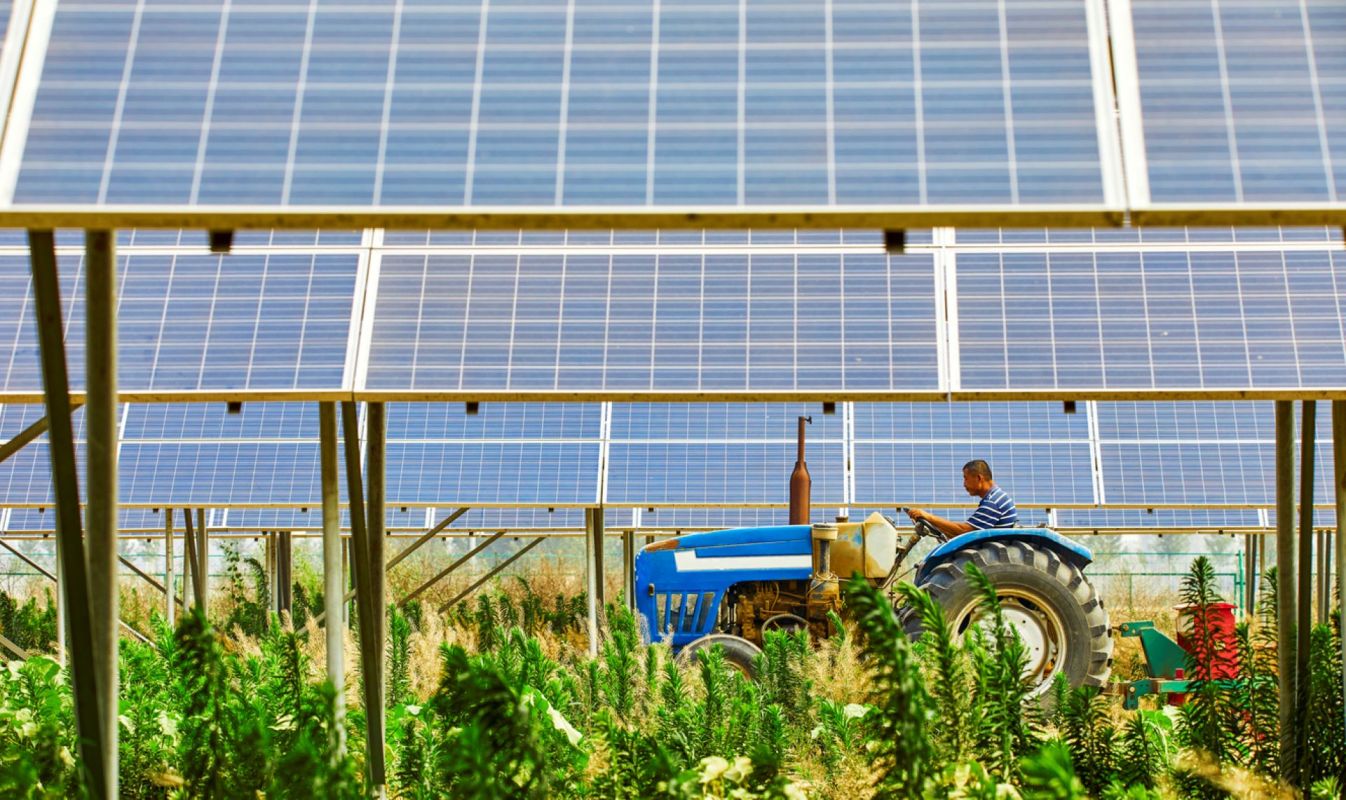As the race to stop Earth's overheating heats up, the Guardian reports that we may be able to keep our cool.
Fatih Birol, the executive director of the International Energy Agency (IEA), has said that due to the "staggering" growth of renewable energy and green investment in the past two years, we may stand a chance of keeping the world within the Paris Agreement's preferred limit of 1.5 degrees Celsius (2.7 degrees Fahrenheit) global heating.
Birol further credited the rapid uptake of solar power and electric vehicles as being especially helpful.
"Despite the scale of the challenges, I feel more optimistic than I felt two years ago," he said in an interview, according to the Guardian. "Solar photovoltaic installations and electric vehicle sales are perfectly in line with what we said they should be, to be on track to reach net zero by 2050, and thus stay within 1.5C. Clean energy investments in the last two years have seen a staggering 40% increase."
EVs now make up 10% of all new car sales, and solar power is only getting better and cheaper. However, as promising as this is, Birol noted that the planet-warming pollution created by the energy sector — 25% globally, according to the Environmental Protection Agency — is "still stubbornly high."
The Guardian further explains a new report by the IEA titled Net Zero Roadmap calls on developed countries with 2050 net zero targets to move them up several years. This comes on the heels of news of various rollbacks of climate pledges.
For example, UK Prime Minister Rishi Sunak recently reaffirmed his commitment to net zero by 2050 but also reversed and delayed several policies that would help attain the goal, per the Guardian. He is further planning a new round of North Sea oil and gas licenses, a decision slammed by Australian billionaire investor Andrew "Twiggy" Forrest, whose mining company has recently pivoted to renewables.
"To reduce fossil fuel emissions, we need to reduce demand for fossil fuels," Birol stated. "This is a golden condition, if we are to reach our climate goals."
He hopes that countries will establish stricter pollution-cutting plans like tripling renewable energy and a 75% cut in methane from the energy sector by 2030, but he worries that tensions between nations may hinder this, the Guardian reports.
"Advanced economies have special responsibilities in fighting climate change," Birol stated. "What I would expect advanced economies to do is to increase their ambition further, rather than reducing it. Clean energy would create lots of new jobs and employment, and build a modern industry [needed] to have a competitive position with other countries. Industry knows that the next chapter of global industry is based on clean energy technologies."
Join our free newsletter for weekly updates on the coolest innovations improving our lives and saving our planet.









